| Learning is hard work – for all of us. And each of us will spend our lifetimes learning new skills and ideas. If students in their teens can learn effective and efficient ways to learn, they will have an ability that will benefit them for the rest of their lives. My friend Jim, a commercial pilot and the father of three adult children, was visiting this week, and he had just finished |
the training to fly a new model of aircraft. He had a lot of memorization to do, and one of the ways he accomplished this was to organize his notes and use those notes to form a question and answer sequence. He then videotaped himself asking each of the questions, then pausing, and then answering the question. He watched his homemade video over and over again until he could say the answer to each question before the answer was said on the video.
Did that take a lot of time and a lot of work? Yes! Did he pass his new pilot's test? Yes! Is he now flying to exotic places all over the world? Yes he is.
Did that take a lot of time and a lot of work? Yes! Did he pass his new pilot's test? Yes! Is he now flying to exotic places all over the world? Yes he is.
| Having strong skills and a wide breadth of knowledge can lead to many adventures, and people will pay you for what you know and what you can do. I often tell my tutoring students that their life is like a treasure chest, and what is inside is up to them. Each time they work hard to learn something new, they have added to their own treasure chest of knowledge, and they will be able to use that knowledge in the future. But developing effective study skills requires a lot of time and patience, and just reading textbooks and listening to lectures is not enough. Here are some practical ways to help students learn and retain knowledge. |
1. Exercise Before and In-between: Getting the blood pumping and moving to the brain can help a study session be much more productive. Jim, the airline pilot mentioned earlier, would do push-ups in between his study sessions to help wake himself up and increase his ability to focus. Standing while studying can help too. Although there are fancy (and expensive!) stand-up desk options, I created my own stand-up desk with a simple side table from Ikea, two shelf brackets, two screws and a shelf from Home Depot – all for under $20. (See the photo at the end of this blog.) My work day usually begins at 9 am and goes to 6 pm. I spend many hours sitting (as I think many of us do!), and before I see my first client, I usually exercise for forty-five minutes which helps keep me focused throughout the day.
2. Eat Well and Breath: Health is an important part of good study habits, and good nutrition and reducing stress are critical. I thought about writing a blog entitled, “Is My Child A Fat Head?” because the answer to that would be yes – in a biological way. The brain is made of 60% fat, and eating a diet full of good fats and proteins in addition to healthy carbs can make a difference. Many students subsist on junk food, but switching to a healthy diet and learning to relax and breath between study sessions makes studying easier and more productive.
2. Eat Well and Breath: Health is an important part of good study habits, and good nutrition and reducing stress are critical. I thought about writing a blog entitled, “Is My Child A Fat Head?” because the answer to that would be yes – in a biological way. The brain is made of 60% fat, and eating a diet full of good fats and proteins in addition to healthy carbs can make a difference. Many students subsist on junk food, but switching to a healthy diet and learning to relax and breath between study sessions makes studying easier and more productive.
| 3. Understand the Study Cycle: According to Frank Christ, the developer of The Study Cycle Theory, the process of studying can be broken down into five parts: previewing, attending class, reviewing, studying, and checking your understanding. Many students miss key components of The Study Cycle. For example, few students read the material ahead of time before the lecture, but when students preview the material, they create places in their brain where they can hang the new information they learn in the lecture. Also, by skipping the reading preview, they miss the benefit of having the information repeated to the in a listening mode after experiencing the material in a reading mode. All five components of The Study Cycle are required for solid learning. |
4. Review Daily: Scientists have found that the first time a student hears a lecture or studies something new, he or she will retain up to 80% of the information IF the material is reviewed within 24 hours. Interestingly, the effect is cumulative, so if students review every day, after a week the student may retain a full 100% of the knowledge after only five minutes of review. This works so much better than cramming on the last day for the test. It is better to review close to the time that the material is learned as opposed to close to the time of the test.
5. Write and Draw it Out: Often students will finish a week of school with a three-ring binder crammed with notes. What the student really needs from these notes are the key ideas, so time spent underlining or highlighting key words can help. Also, rewriting these key ideas on another sheet of paper in a condensed form (and perhaps as an outline) will help the brain connect information and form patterns.
Making connections is what learning is all about, and for some students drawing out mind maps,
5. Write and Draw it Out: Often students will finish a week of school with a three-ring binder crammed with notes. What the student really needs from these notes are the key ideas, so time spent underlining or highlighting key words can help. Also, rewriting these key ideas on another sheet of paper in a condensed form (and perhaps as an outline) will help the brain connect information and form patterns.
Making connections is what learning is all about, and for some students drawing out mind maps,
| (As a quick side rant – many students cannot take notes and listen/learn at the same time. It is so helpful if a teacher gives the students pre-printed notes so they can follow along and engage in the class. If your student is in a class where they are struggling to take notes, suggest he or she ask the teacher if the notes can be given out in printed form instead of just being shown on the board.) |
6. Talk It Out: If a person cannot recite out loud the information that was learned, that person does not know the material. It is important to close the book and use active recall to tell someone else what you know. This person can be a tutor or study partner, or students can even make a video of themselves on their own to view later. Having to teach someone something also reinforces the brain’s grasp of the information, especially if you can simplify the knowledge down so that even a child could understand.
Talking to teachers helps too. They are there to help, and after discussing questions with an instructor, students often find that the teacher was able to give more clarity than would have happened in a class situation. Teachers also are more enthused to help students who take the initiative to ask for help, and having a strong connection with one’s teacher is beneficial in many ways.
Talking to teachers helps too. They are there to help, and after discussing questions with an instructor, students often find that the teacher was able to give more clarity than would have happened in a class situation. Teachers also are more enthused to help students who take the initiative to ask for help, and having a strong connection with one’s teacher is beneficial in many ways.
7. Take Practice Tests: Students who are preparing for the ACT or SAT test are used to taking many practice tests to get ready for the college entrance exams. Students in regular classes can ask teachers to make old exams available as practice tests. A practice test can give students a sense of an instructor’s testing style and how the information might be presented on the exam day.
A 2011 study found that students who took a practice test after learning the material retained 50% more of the information a week later than the students who did not take a practice test.
8. Study in Short Bursts: High Intensity Interval Training – Hiit - is popular for those seeking physical fitness. Studies have shown that short bursts of intense studying for 30 to 45 minutes followed by a 10 to 15 minute break can more effective for learning as well.
9. Eliminate Distractions: Research indicates that multi-tasking does not improve efficiency and actually has a negative effect on results. Students need to eliminate distractions such as social media, game playing, web browsing, texting because they increase the amount of time needed to study and decrease the amount of material learned.
8. Study in Short Bursts: High Intensity Interval Training – Hiit - is popular for those seeking physical fitness. Studies have shown that short bursts of intense studying for 30 to 45 minutes followed by a 10 to 15 minute break can more effective for learning as well.
9. Eliminate Distractions: Research indicates that multi-tasking does not improve efficiency and actually has a negative effect on results. Students need to eliminate distractions such as social media, game playing, web browsing, texting because they increase the amount of time needed to study and decrease the amount of material learned.
| The only “distraction” that has been shown to help some students is listening to classical music. Not all students benefit from listening to music, but when choosing music, instrumental music has a better effect that music with words. 10. Get Organized: Antoine de Saint-Expery said, “A goal without a plan is just a wish.” All ten of these learning ideas take work to plan. A planning calendar is a help for many |
students, but parents must always keep in mind that a student may need more help in planning than they think because many students have a limited executive brain function before they are in their twenties. Organizing a study space, class notebook and study times can be a challenge, but it is so very important, and sometimes students need help with this.
A treasure chest of life that is full of knowledge, skills and experiences gathered in the teen years can be used and enjoyed for a lifetime. It does take extra planning, commitment and self-discipline to make that happen. Following the ten tips above can help!
“For tomorrow belongs to the people who prepare for it today.” – African Proverb
Wishing you joy on the journey,
Debra Newby
[email protected]
www.UpandOverED.com
A treasure chest of life that is full of knowledge, skills and experiences gathered in the teen years can be used and enjoyed for a lifetime. It does take extra planning, commitment and self-discipline to make that happen. Following the ten tips above can help!
“For tomorrow belongs to the people who prepare for it today.” – African Proverb
Wishing you joy on the journey,
Debra Newby
[email protected]
www.UpandOverED.com
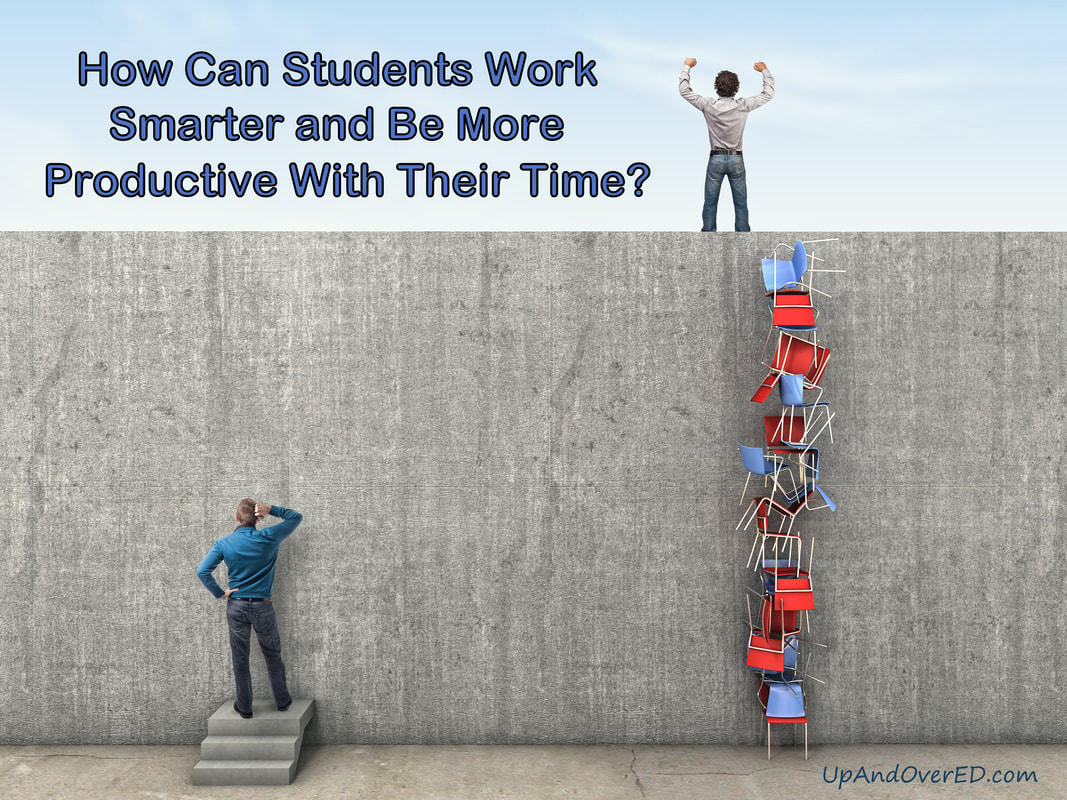

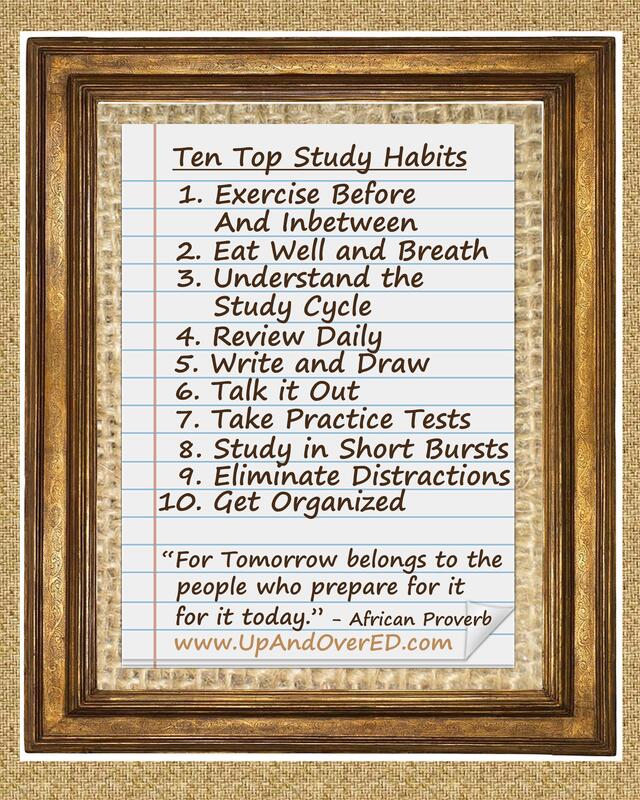
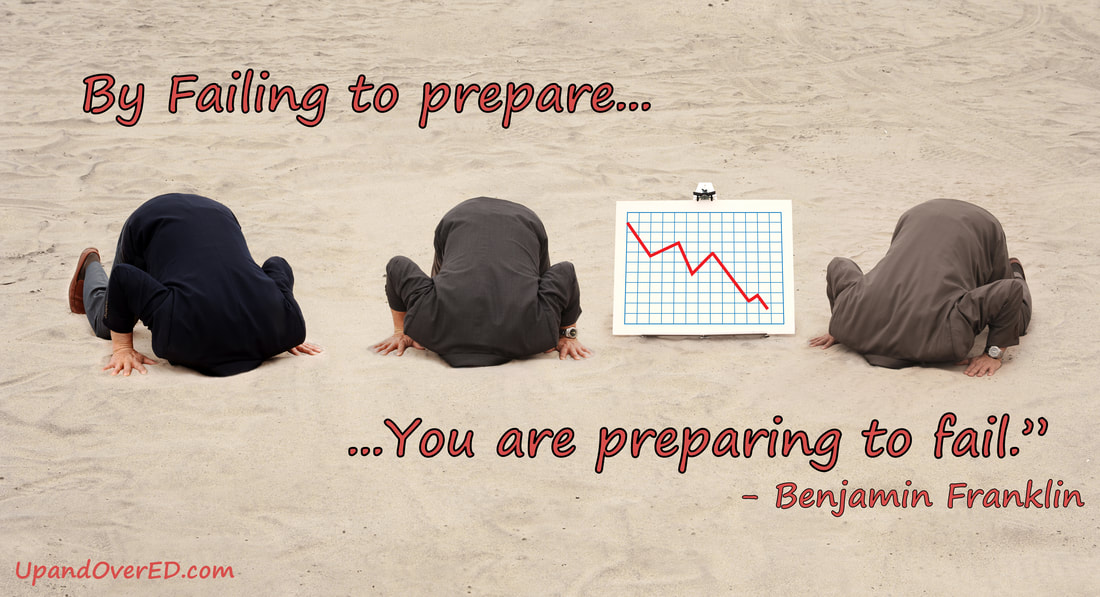
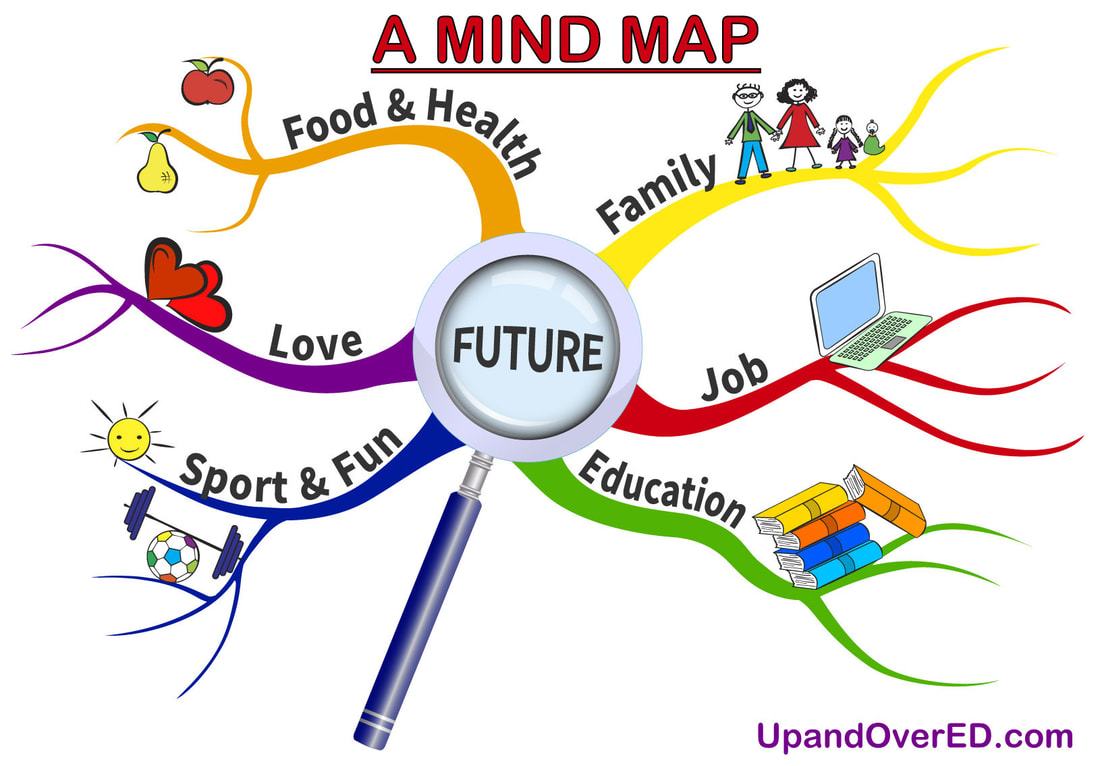
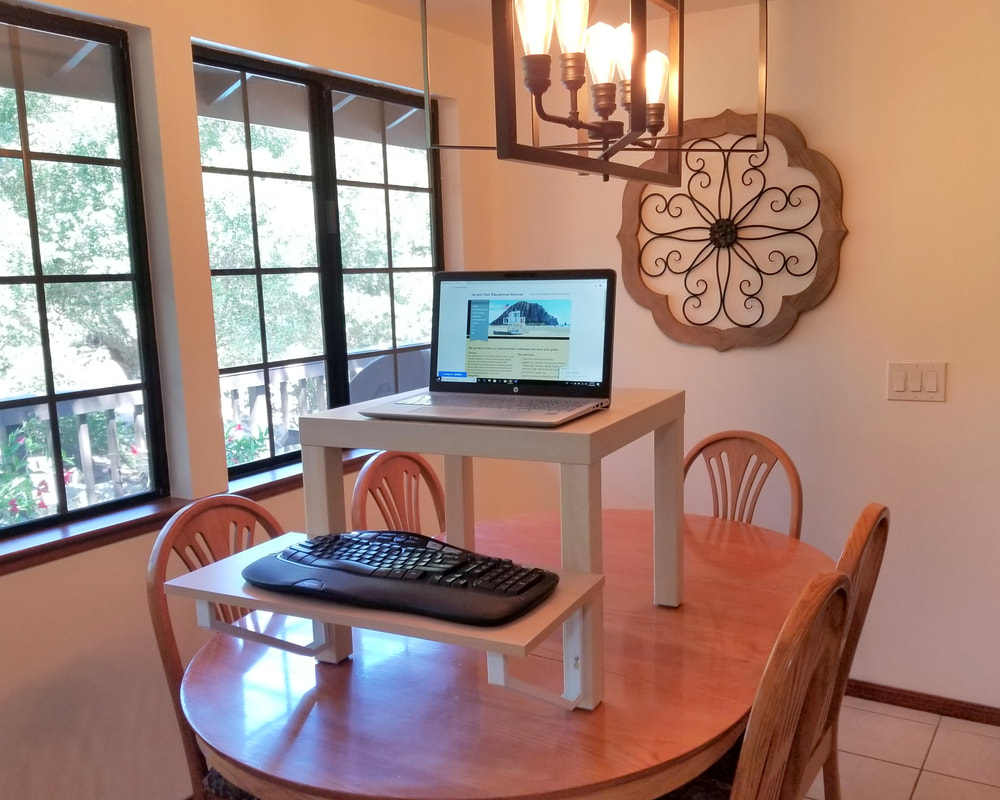
 RSS Feed
RSS Feed
